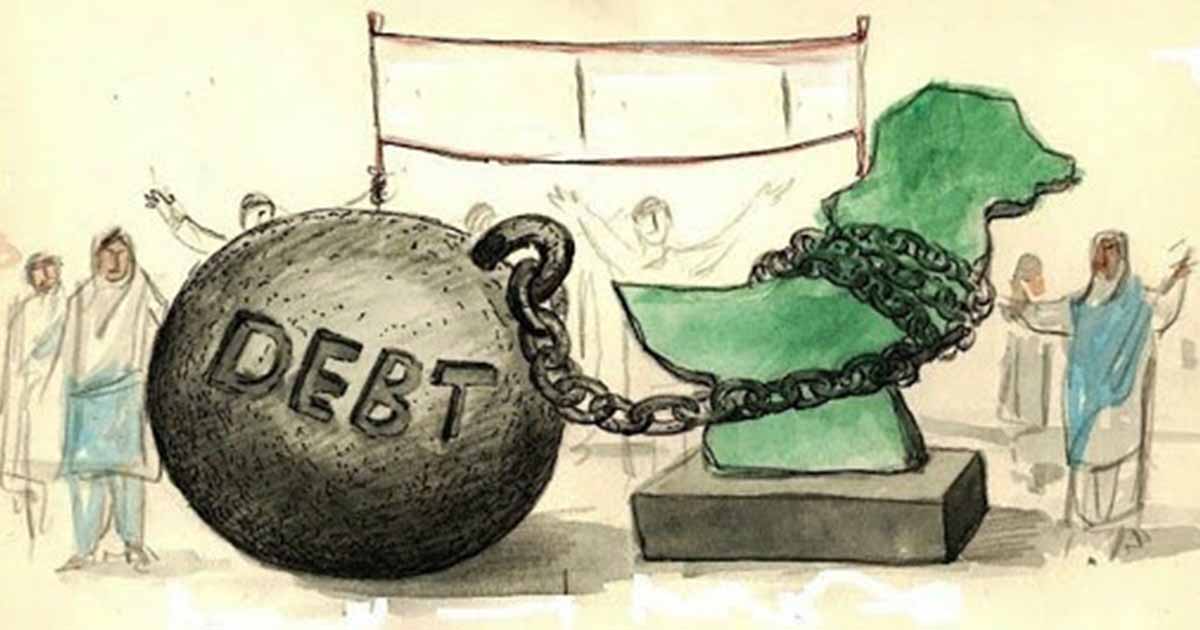
by Shaimin Raja 15 September 2023
Pakistan stands at a critical juncture, facing multifaceted challenges spanning economic, political, social, and strategic domains. While its neighboring countries like India are scaling new heights in economic diplomacy, Pakistan’s leadership has recognized the urgent need for a comprehensive policy framework to diagnose and rectify the issues plaguing its development trajectory. The current interim government, in close coordination with Pakistan’s Army Chief, General Asim Munir, is displaying a newfound resolve to grapple with these pressing economic concerns.
General Asim Munir, at the helm of Pakistan’s military, has emerged as a driving force behind several initiatives aimed at steering Pakistan out of its economic quagmire. One landmark event that has captured widespread attention is a high-profile meeting he convened with fifty prominent business figures from various corners of the country. While interactions between the military and the business sector are not uncommon in Pakistan’s political landscape, this particular assembly has ignited optimism for a pivotal shift in the nation’s economic course.
To combat the economic downturn, the Pakistan government is executing a strategy to apprehend those responsible for precipitating the crisis. This includes robust measures to curtail illegal activities such as smuggling, money laundering, and political corruption. Notably, in the province of Balochistan, the government confronts the rampant smuggling of oil and weapons from neighboring Iran, which exerts a corrosive influence on the nation’s overall economic stability and the value of the Pakistani Rupee.
Following the high-profile meeting, the government has rolled out a crackdown on money exchangers who were stockpiling dollars. This concerted effort has demonstrated promising results in strengthening the value of the Pakistani Rupee against the US dollar. Moreover, General Asim Munir’s diplomatic forays to nations including China, Gulf countries, Iran, and Turkey underscore his unwavering commitment to rejuvenate Pakistan’s economy through international partnerships.
The hallmark of the recent meeting between General Asim Munir and influential business leaders is the potential injection of substantial investments into Pakistan’s economy. The Army Chief has expressed his ambition to attract nearly $100 billion in investments, with commitments from influential countries like Saudi Arabia and the United Arab Emirates. The Saudi Crown Prince, Mohammad Bin Salman, has pledged a considerable $25 billion, with a notable $10 billion earmarked for the State Bank of Pakistan to bolster its reserves. General Asim has proposed that this sum could be repaid in Pakistani Rupees or goods, thereby contributing to the expansion of Pakistan’s foreign exchange reserves.
A focal point of discussion during the meeting was the formation of the Special Investment Facilitation Council (SIFC), designed to expedite bureaucratic procedures and facilitate prospective investors. General Asim also hinted at the possibility of substantial investments, roughly $25 billion each, from nations such as Qatar and Kuwait. This marks a departure from Pakistan’s historical reliance on international financial institutions like the International Monetary Fund (IMF). Participants in the meeting noted a palpable shift in General Asim’s approach compared to previous encounters. He displayed a resolute commitment to addressing critical issues, including curbing Iranian oil smuggling into Karachi and combatting corruption at all levels of government. Discussions during the meeting extended to encompass various pressing concerns, including strategies to reduce dollarization, the implementation of much-needed power sector reforms, and initiatives to manage the repatriation of illegal immigrants.
All eyes are now turned toward the impending visit of Mohammad Bin Salman, with high expectations for concrete developments on the horizon. The outcome of this visit carries the potential to reshape Pakistan’s economic landscape in the years to come. While it is acknowledged that some of these proactive measures could have been implemented earlier, there is a prevailing sense of hope and trust in the country’s leadership as they labor diligently to forge a brighter future for Pakistan.
In conclusion, Pakistan faces formidable economic challenges, but recent initiatives spearheaded by General Asim Munir and the government instill confidence in the nation’s prospects for economic resurgence. These concerted efforts, encompassing substantial investments and comprehensive reforms, have the potential to chart a new trajectory for Pakistan’s economic revitalization and lay the foundation for a prosperous future.
